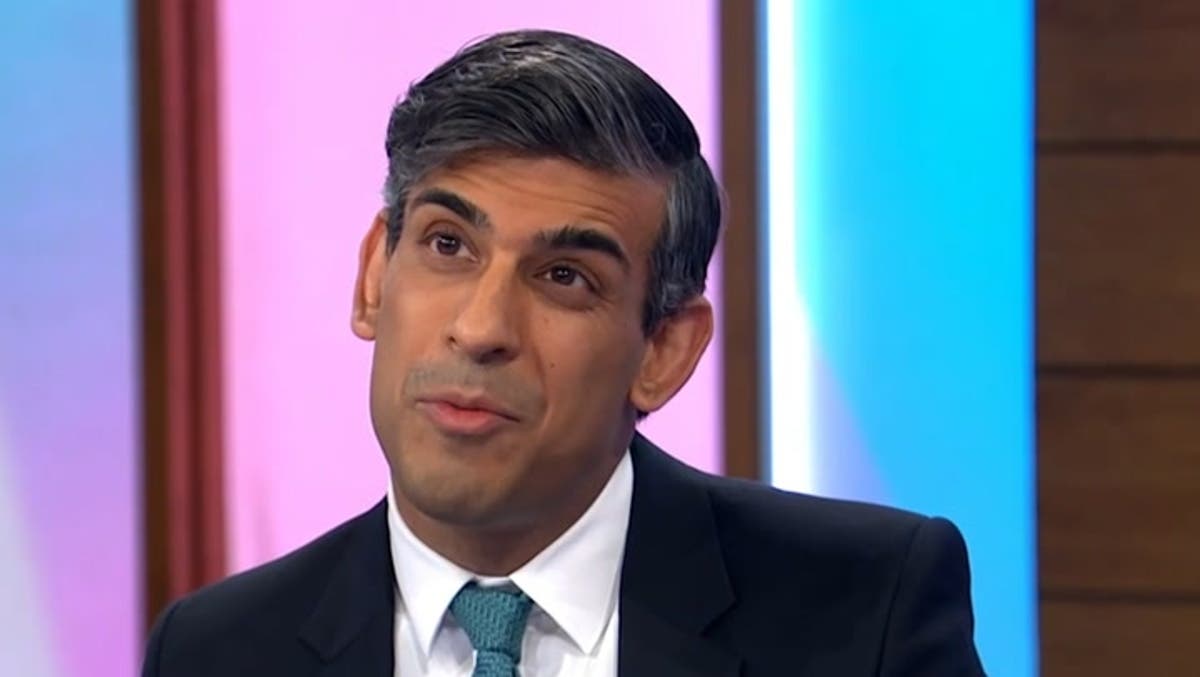Stay informed with free updates
Simply sign up to the Pensions industry myFT Digest — delivered directly to your inbox.
UK ministers and the regulator must not “finish off” the remaining traditional pension plans offering millions of workers a secure retirement income by making them invest in less-risky assets “inappropriately”, a group of MPs has warned.
The House of Commons work and pensions committee said on Tuesday that just 4 per cent of the 5,100 defined-benefit pension schemes in the private sector were open to new joiners last year, down from 11 per cent a decade ago.
The data — collated by The Pensions Regulator (TPR) and published in the committee’s report — showed the decline coincided with a big swing in scheme investments away from return-seeking assets, such as equities, to lower-risk assets including bonds.
The MPs blamed the drop on a regulatory push for schemes to be more cautious with their investments, noting: “Two decades of regulatory policy caution have almost entirely destroyed the UK’s DB system.”
“We continued to hear concerns from open schemes that the new funding regime would require them to de-risk inappropriately,” the committee said, as it called on the government and TPR to “act urgently to ensure they do not inadvertently finish off what few open schemes remain by further increasing the risk aversion”.
Britain’s £1.4tn defined-benefit retirement system serves about 10mn retired and current private-sector employees. For decades these DB plans — which promise guaranteed pensions calculated on salary and length of service — formed the bedrock of British workplace pension provision.
More recently employers have opted for cheaper defined-contribution schemes, where members have no certainty over what income they will get in retirement.
The committee said current DB schemes needed “confidence that the additional [investment] flexibilities that have been promised will be reflected in the actual approach regulators take in future”.
As a signal of the required change in approach, it recommended that TPR’s objective to safeguard the Pension Protection Fund, the industry lifeboat, be replaced with a new objective to protect future, as well as past, service benefits.
At present, TPR has no objective to protect future service benefits. The aim of protecting the PPF is widely viewed as a key reason why schemes were encouraged to switch to less-risky assets.
About 1.2mn workers belong to DB schemes that are open to new joiners, including the UK’s largest scheme, the Universities Superannuation Scheme. It serves more than 500,000 people in the higher education sector.
The committee also urged the government to review whether protections for pension members were strong enough before proceeding with reforms to make surplus extraction easier for sponsoring employers.
Surpluses are on the agenda for many employers because of a sharp improvement in funding positions, driven by rising interest rates, which have lowered scheme liabilities.
Sir Stephen Timms, Labour MP and work and pensions committee chair, said: “The improvement in scheme funding levels presents opportunities for both to benefit, but a new approach to regulation and governance is needed to protect the best interest of scheme members and allow still open schemes to thrive.”
TPR said that “although funding levels are at their best levels in recent memory with around 80 per cent of pensions schemes fully funded, we are not complacent”.
It added that it had put “effective long-term risk management . . . at the heart of our approach and forthcoming DB Funding Code and Regulations.”
The Department for Work and Pensions said: “Our new regulations promote better — and clearer — funding standards, while retaining the benefits of a flexible, scheme-specific approach.”

Robert Johnson is a UK-based business writer specializing in finance and entrepreneurship. With an eye for market trends and a keen interest in the corporate world, he offers readers valuable insights into business developments.







